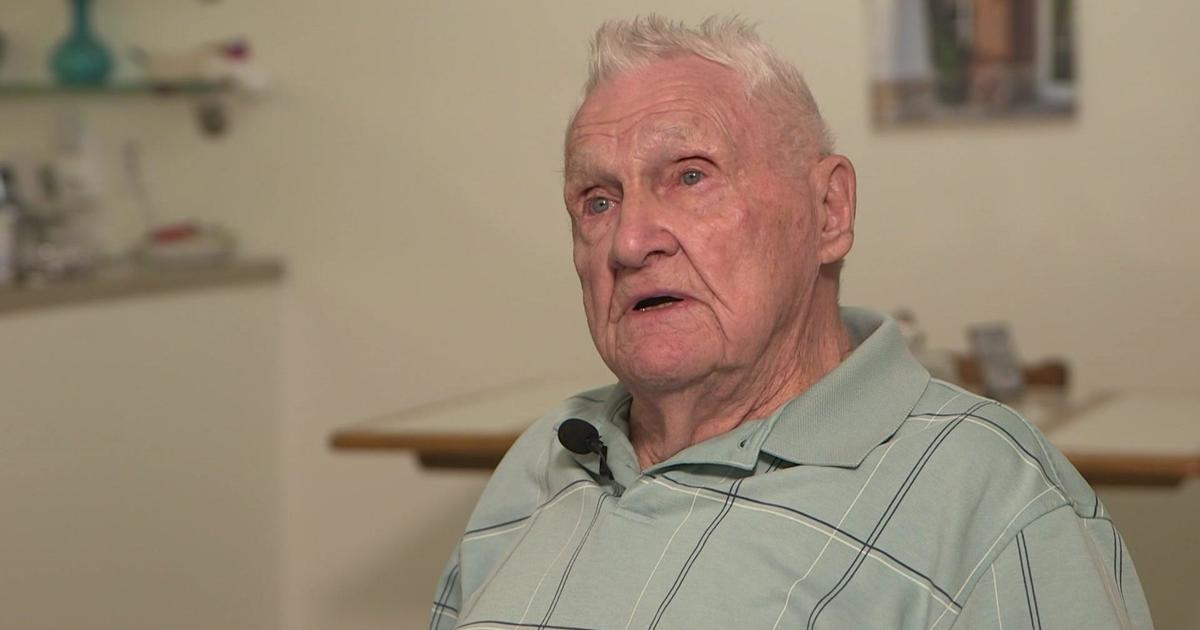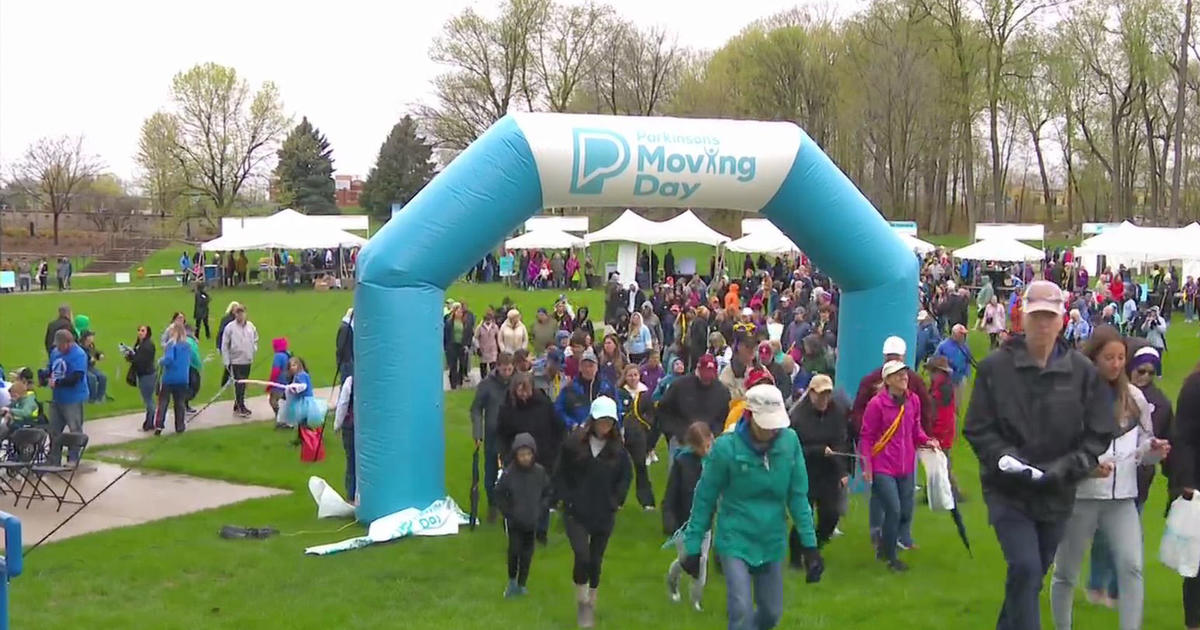Eye Drops To Replace Reading Glasses? Once-A-Day Medication Promises To Clear Age-Related Farsightedness
MINNEAPOLIS (WCCO) -- Like many nowadays, Lisa Denicourt works from home. The Long Lake mom works in operations for an active wear company.
A few years ago, doing her job became quite the task.
"It was just before I was 45, I realized I was doing more of the squinting to read the fine print," she said. "Was starting to get harder and harder for me to read."
So she quickly realized she'd have to start accessorizing in a way she was not quite ready for.
"I've got reading glasses all over the house, there's probably one in here, one in the other room, one in my office, I mean they are all over the place."
So when she heard a radio ad about eye drops that could help you ditch the readers, she was laser focused.
Dr. Y. Ralph Chu hosted a clinical trial at his Bloomington office for Vuity - eye drops that correct age-related farsightedness.
"This is one of the most exciting developments in ophthalmology in 20 years," Chu said. He added, explaining the core condition: "What happens when we are 45, it's called presbyopia, it's the natural aging process of the eye where the lens in the eye gets stiffer as we age."
Lisa is one of 125 million Americans with the condition, so she joined in Chu's corrective eye drop trial.
"It was obvious that I wasn't in the placebo group, cause I could really see the difference in using the eye drops," she said.
Chu explained: "It works as fast as 15 minutes and can last as long as six hours. It's as simple as once a day take this drop, they can take it in the morning, and they don't have to wear reading glasses all day."
As of this week, Vuity, which uses a variation of glaucoma meds to modulate pupil size and optimize vision, is newly approved by the FDA for 40-55-year-olds.
Denicourt is excited to get a prescription - and get rid – of her extra readers.
"To know that I don't have to remember them anymore is going to be fantastic," she said.
The drops should be available in about two months. They will require a prescription from an eye care provider.



